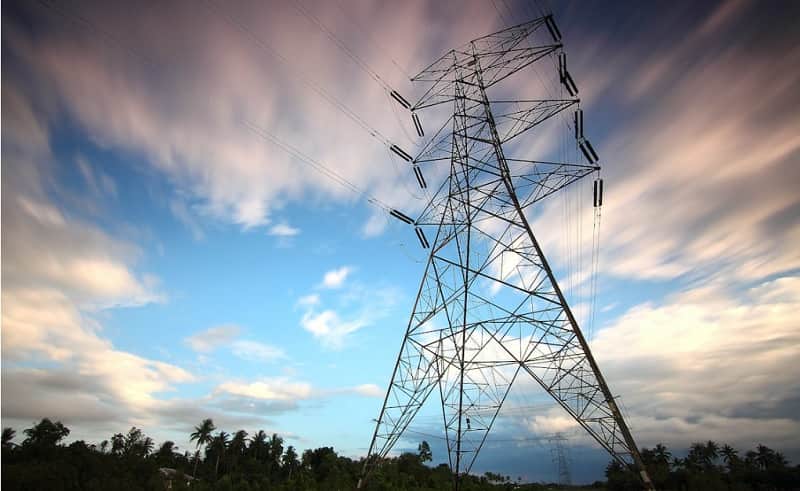The energy industry in the United States has undergone significant changes in the last few decades. Many states have moved towards deregulating their energy markets, allowing for more competition among energy suppliers. This has created opportunities for businesses to shop for better electricity and natural gas rates.
The Market Before Deregulation
Prior to deregulation, utility companies operated as monopolies in their service territories. They were the sole providers of electricity and natural gas and set the rates for customers. However, in the 1990s and 2000s, some states began to deregulate their energy markets. This allowed independent energy suppliers to enter the marketplace and compete for commercial and residential customers.
Businesses Can Shop Around
In deregulated energy markets, businesses can shop for electricity and natural gas from competing suppliers. Suppliers offer different rate plans and incentives to attract new customers. Businesses can compare rates and choose plans that work best for their energy usage patterns and budgets. They are not limited to buying from their designated utility provider.
Energy Cost Savings
Deregulated energy often provides cost savings for commercial energy consumers. Increased competition puts downward pressure on rates. Businesses can secure lower per-kilowatt-hour electricity prices by switching to independent suppliers. Natural gas rates can also be reduced by shopping for the best deals.
More Flexibility
Suppliers also offer more flexibility in rate structures and contract terms in deregulated markets. Businesses can find fixed-rate plans that protect against unpredictable rate fluctuations. Shorter-term contracts may also be available for businesses uneasy about multi-year locked-in rates. Green energy for businesses, with options like wind and solar, is also more accessible.
More Admin for Businesses
However, deregulated energy does require more time and effort on the part of business owners and facility managers. They must research suppliers, evaluate rate plans, negotiate contracts, and manage enrollment. Working with an energy consultant can simplify the process. But there are still administrative tasks that come with switching suppliers.
It’s Important to Shop Around
While cost savings are often touted as the biggest benefit of energy deregulation, the extent of savings can vary significantly by state and market conditions. Some states with deregulated energy have seen greater reductions in electricity rates than others. Commercial natural gas customers may also see smaller rate reductions compared to power. But even modest savings can make a difference for energy-intensive businesses.
The Role of Wholesale Prices
In states where deregulated energy markets are still taking shape, wholesale power prices play a bigger role in determining cost advantages. Low natural gas prices have contributed to lower wholesale electricity costs in recent years. But as gas prices rise, savings could decline. Market dynamics must be analyzed closely when considering provider options.
Deregulated energy brings both opportunities and challenges for commercial energy consumers. With wise energy procurement strategies, businesses can gain better control over energy spending.
But it requires an investment of time to make informed provider decisions. Weighing the key factors in deregulated markets is essential for achieving optimal rates and contract terms. With sound analysis, businesses can maximize their energy cost savings in deregulated markets across the US.








